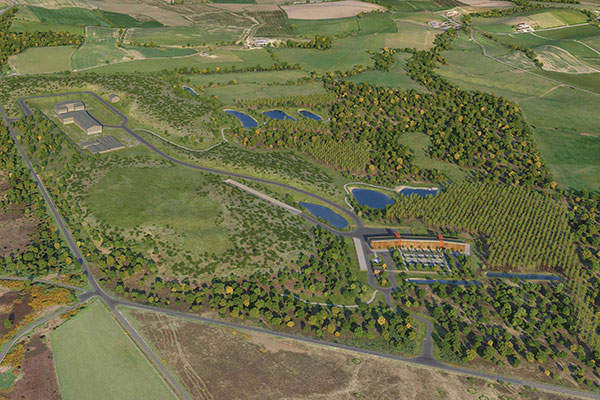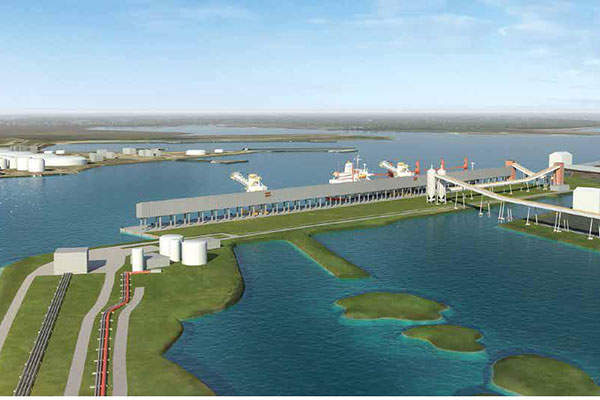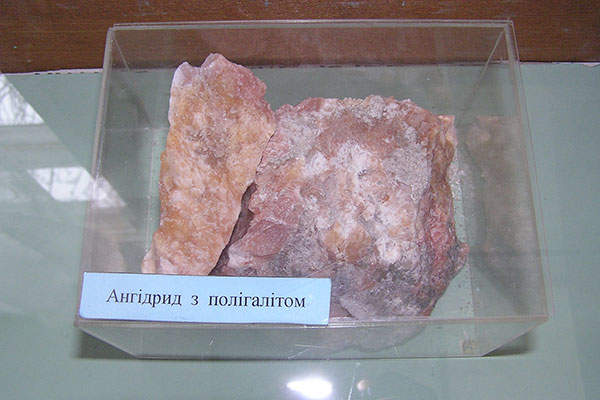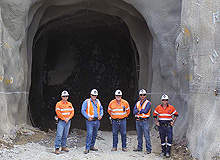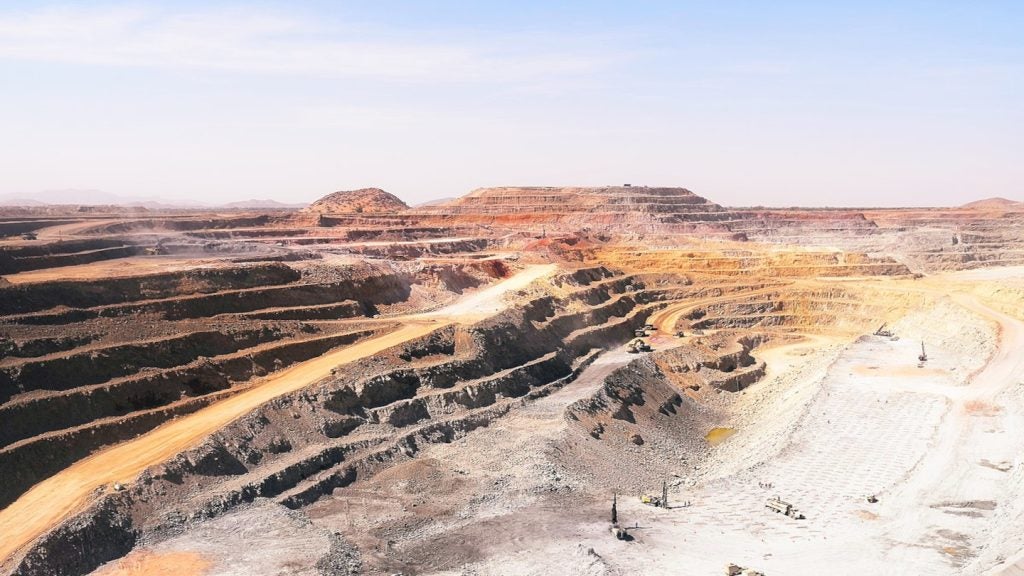Sirius Minerals’ York Potash Project is a proposed new potash mine to be developed in the area between Whitby and Scarborough, North Yorkshire, UK. The project will extract polyhalite from the mine, which is touted to hold the world’s thickest and highest grade polyhalite resource.
Sirius Minerals started exploratory drilling activities at the site in July 2011 following the acquisition of York Potash in January 2011. It will be the first new potash mine to be developed in the UK in more than four decades. The project site extends approximately 16.5km onshore, and up to 14km offshore in the southern North Sea.
The deep shaft mine is planned to be developed in two phases. The capacity earmarked for Phase 1 is 6.5 million tonnes per annum (Mtpa), which will be further increased to 13mtpa in the next phase. The overall investment for the project is estimated to reach £1.4bn (approximately $2.2bn).
The project is currently in the Definitive Feasibility Study (DFS) phase. Construction is expected to commence in 2015 following the grant of key approvals. The start of production from Phase 1 is scheduled for mid-2018.
Project benefits
The Rocanville potash mine is 16km northeast of Rocanville and approximately 200km east of Regina, south-east Saskatchewan, Canada.
The York Potash project is estimated to generate more than 2,000 construction jobs and 2,200 direct and indirect production jobs, add approximately £1bn (approximately $1.5bn) to UK’s gross domestic product (GDP) a year, and boost North Yorkshire’s economy by approximately 10%.
York Potash project geology, exploratory drilling and reserves
Resources within the potash mine are situated within the Zechstein deposits of the late Permian age (approximately 260 million years ago).
The exploratory drilling phase of the project was completed in July 2013. The Joint Ore Reserves Committee (JORC)-compliant resource estimate as of May 2013 stands at 2.66 billion tonnes of mineral resources with an average polyhalite grade of 85.7% derived from just 7% of the project area of interest (AOI). The overall project AOI covers approximately 796km² (271km² onshore and 525km² offshore).
Mining at York Potash project
The mining method selected for the project is the conventional underground room and pillar method, wherein the polyhalite seam will be extracted integrating tunnels of 12m in width and 5m to 20m in height using continuous miners.
A shaft headframe will be sunk approximately 100m below the surface from which two vertical shafts will further be sunk to a depth of approximately 1,500m to extract the polyhalite seam. An incline could further be mined to access the deeper basin seam in future.
One of the three shaft-sinking techniques namely traditional drill and blast excavation with grouting, traditional drill and blast excavation with ground freezing and shaft boring road header with ground freezing will be selected for the project.
York Potash project infrastructure details
The project further involves the construction of an underground mineral transport system (MTS) from the mine to a proposed new material handling facility (MHF) at Wilton on Teesside. The MTS will be a mining tunnel accommodating conveyor belts, operational cables and services, and a maintenance vehicle or transit system.
The MTS will be constructed at depths of 120m to 360m and comprise five interconnected tunnels measuring approximately 7.5km long each. Construction will be performed starting from both ends, with three access points situated along the route.
The MHF will feature crushing, screening and granulation buildings and an onsite storage building measuring 45m-high, 500m-long and 120m-wide, and having a storage capacity of 700,000t of granulated polyhalite. Associated infrastructure at the site includes administration and support buildings, an engineering store, office buildings, a control room, and a car park.
Minerals will be transported from the MHF to a new harbour facility, situated 40km from the mine, via a conveyor system. The new harbour will accommodate a product storage facility integrating two surge bins, a quay structure providing a single berthing facility under Phase 1 and space for shiploading equipment, and associated facilities including an access and car parking facility, office space, a workshop and other ancillary plant equipment buildings.
Polyhalite marketing agreements for the Sirius Minerals’ project
Sirius Minerals (the company) signed a 1.75Mtpa capacity marketing agreement with Keytrade in February 2013 and an offtake contract with Yunnan TCT Yong-Zhe Company (TCT) in June, for the sale of 1mtpa of polyhalite for ten years starting from 2017. In July, the company also committed to supplying 700,000tpa of polyhalite in total to customers in Mexico, Chile, Ecuador and Thailand.
In September, it signed a memorandum of understanding (MoU) with Sinoagri for the sale of 500,000tpa of polyhalite from the project for ten years, and framework sales agreements (FSAs) with customers in Africa and Latin America. Two more MoUs for a capacity of 500,000tpa each were further signed with Chinese customers the following month and another MoU for a capacity of 500,000Mtpa with Sichuan AMPC in December.
In January 2014, a take or pay offtake agreement was signed with an unnamed Fortune 500 company based in the US for the sale of at least 500,000tpa of polyhalite from the project in North America for an initial five years, extendable by an additional five years.
Contractors involved with the new UK potash mine
The DFS report is being prepared by Bechtel. Arup provided assistance to York Potash (YPL) in preparing certain planning applications for the project.

